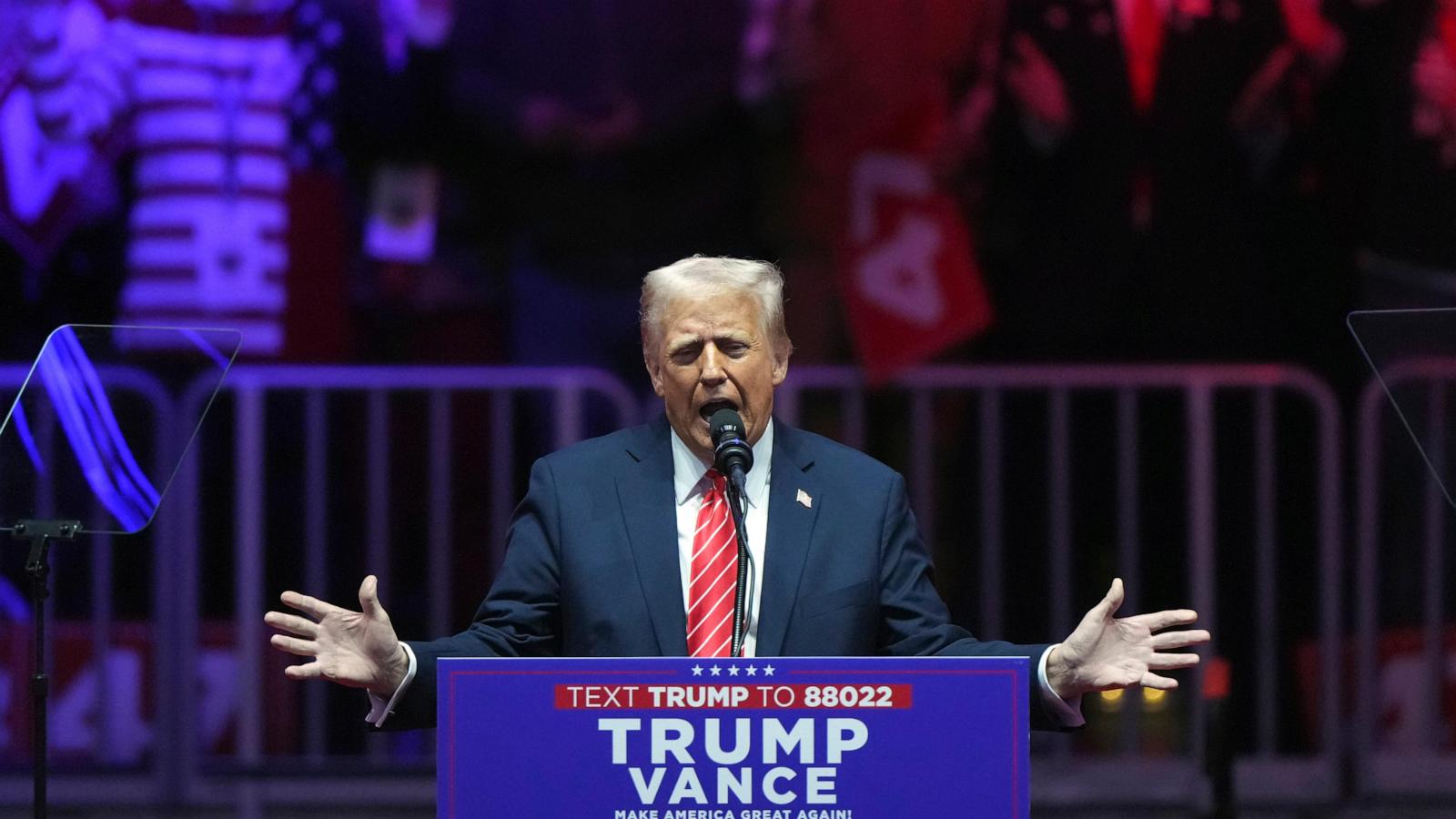Trump: Savior or Saboteur? The TikTok Saga Continues
In a stunning reversal, Donald Trump, the man who once threatened to ban TikTok, has become the app's unlikely savior. This rollercoaster ride of political maneuvering, legal challenges, and dramatic pronouncements has left the internet buzzing and begs the question: is Trump a genius strategist, or has he simply stumbled into a winning narrative?
The TikTok Ban: A Timeline of Turmoil
The initial attempt to ban TikTok stemmed from national security concerns surrounding its Chinese ownership. The argument? TikTok could potentially be used to harvest user data and influence American opinions. This sparked a firestorm of debate, pitting national security against free speech and user choice. The battle raged on, culminating in a court-ordered deadline for TikTok's Chinese parent company, ByteDance, to divest its US operations.
The Deadline Looms
As the deadline approached, panic began to set in. TikTok, anticipating a ban, announced it would temporarily shut down its US operations. Millions of users—students, influencers, small business owners—faced the possibility of losing their platform.
Trump's Dramatic Intervention
Then, just when it looked like TikTok's days in America were numbered, Trump intervened. He dramatically announced a temporary delay to the ban, signaling his willingness to work out a deal to protect "national security" while sparing users from disruption.
A Deal is Struck, but Details Remain Murky
Trump proposed a radical new arrangement: a 50% US ownership stake in a new TikTok joint venture. The details, however, remain incredibly vague. Is this US government ownership? Or will another company take the lead? Speculation runs rampant. One thing is clear though; the deal casts doubt on the legality of the previously enacted ban, introducing a whole new layer of uncertainty and highlighting how the relationship between technology, politics, and national security are becoming ever more complex.
Investors and CEOs Scramble
With TikTok's fate hanging in the balance, many major technology companies took notice. Big names like Elon Musk, Mark Zuckerberg, and Sam Altman scrambled to improve relations with Trump, ensuring a favorable environment for their business. Large donations to the inauguration fund, combined with policy shifts at leading social media companies suggests that there is a new expectation to appease Trump if one expects a friendly regulatory environment.
TikTok's Strategic Response
TikTok itself employed a clever strategy. CEO Shou Chew engaged directly with Trump, showering him with praise in an apparent attempt to sway his decision and highlighting TikTok’s influence with young American voters.
Who Benefits Most From this Resolution?
The situation offers many potential benefits to several groups. Trump earns points by appearing as a savior to millions of young Americans. He gains credit for bringing an innovative platform that's been popular amongst his campaign demographic to the market. Meanwhile, TikTok receives a reprieve and likely has its long term sustainability ensured; given Trump's considerable influence on social media and a strong possibility that even a complete sell-off of US based TikTok services may result in significant disruption of the platform.
The Bigger Picture
The whole affair illustrates a dynamic power shift where technology companies wield enormous influence and find ways to negotiate favorable arrangements with high-profile political figures. This is one more element in the already complex environment that the ongoing interplay between large tech, policy and government regulation is creating.
Take Away Points
- The TikTok saga underscores the intersection of technology, politics, and national security.
- Trump's actions highlight the fluid nature of political alliances and their potential impact on tech policy.
- The situation is a major lesson to both TikTok and many other large tech companies of the importance of cultivating a positive image, building relationships with political influencers, and strategically negotiating regulatory hurdles.









